Optimizing Care for Hypertrophic Cardiomyopathy
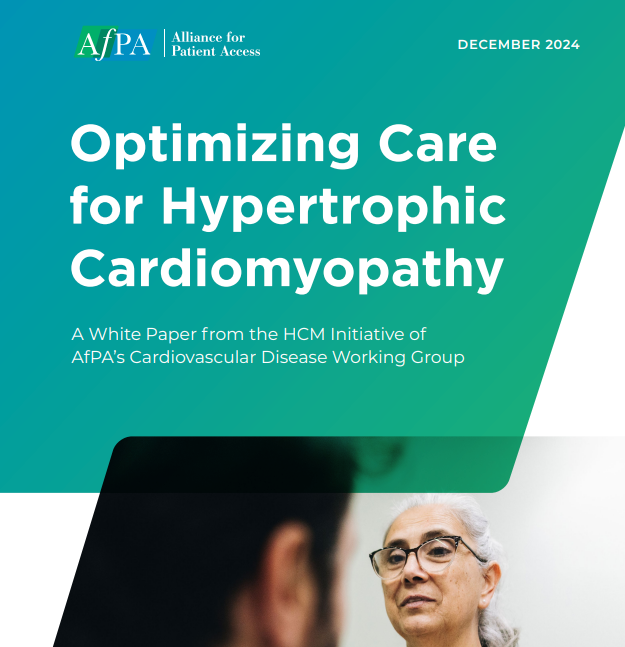
As many as one in 250 people have hypertrophic cardiomyopathy. Also known as HCM, this condition causes the heart muscle to thicken, making it harder for the heart to pump blood. Innovative treatments can help reduce the risk of hospitalization, minimize symptoms and improve health outcomes. But while these treatments can be life changing, patients […]
Addressing Access Barriers for IgG4-RD Patients
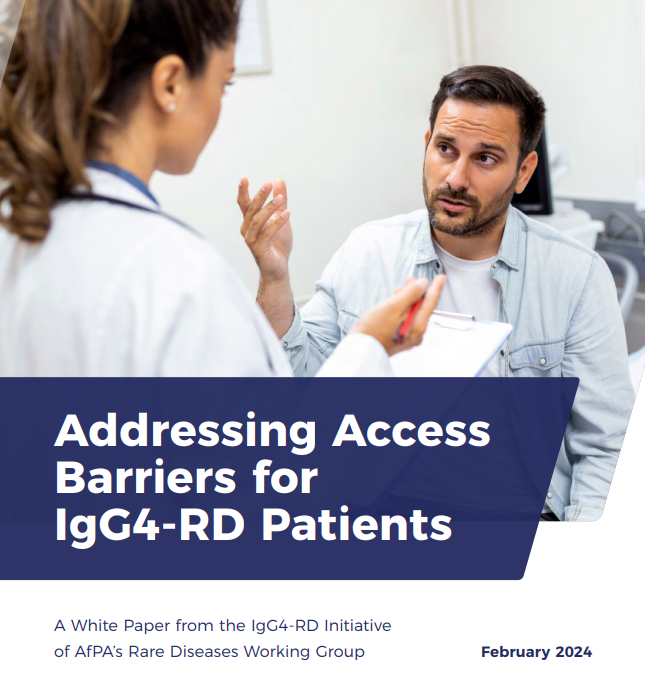
A rare condition known as IgG4-related disease, or IgG4-RD, can burden patients with a complex web of symptoms, trouble obtaining a diagnosis and a seemingly endless series of treatment barriers. Many patients experience significant emotional and financial impacts too. Read White Paper
The High Costs of Alternative Funding
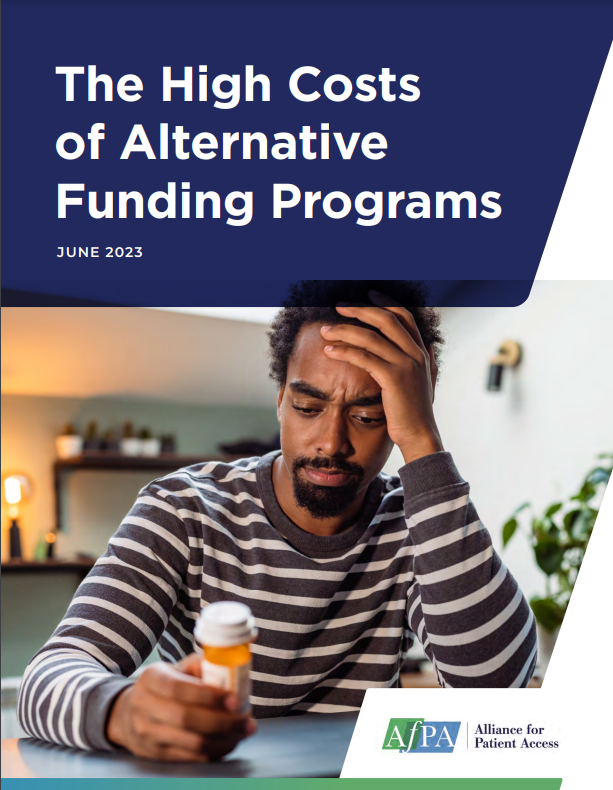
In the United States, health insurance is meant to reduce patients’ financial risks if they require expensive medical services. It often fails to do so. The problem is particularly acute for patients who need expensive prescription medications.
How Overlooking Societal Impact Undermines ICER’s Cost-Effectiveness Assessments
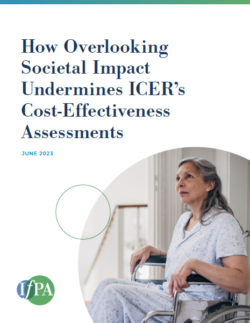
Calculating the value of a good or service is a complex process. Value, after all, reflects people’s personal preferences and context that is difficult to quantify. Even under the best of circumstances, it is hard to capture factors that are inherently subjective.
Meeting Mental Health Patients Where They Are
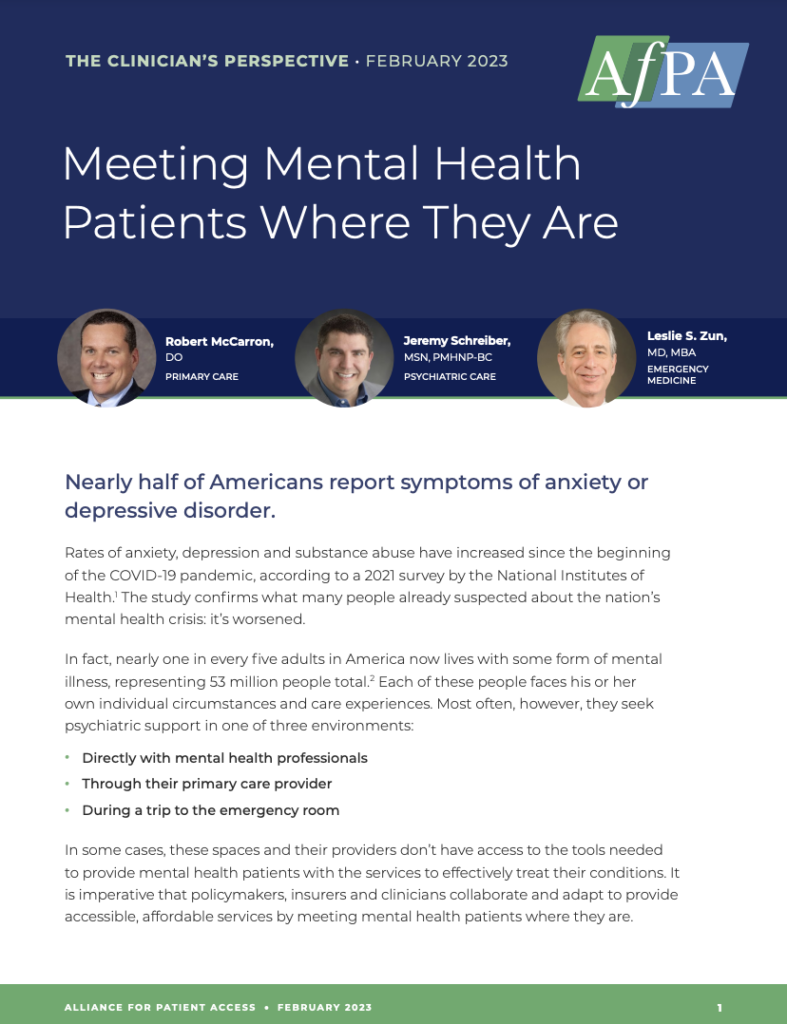
Nearly half of Americans report symptoms of anxiety or depressive disorder.
The Indirect Impact of RSV
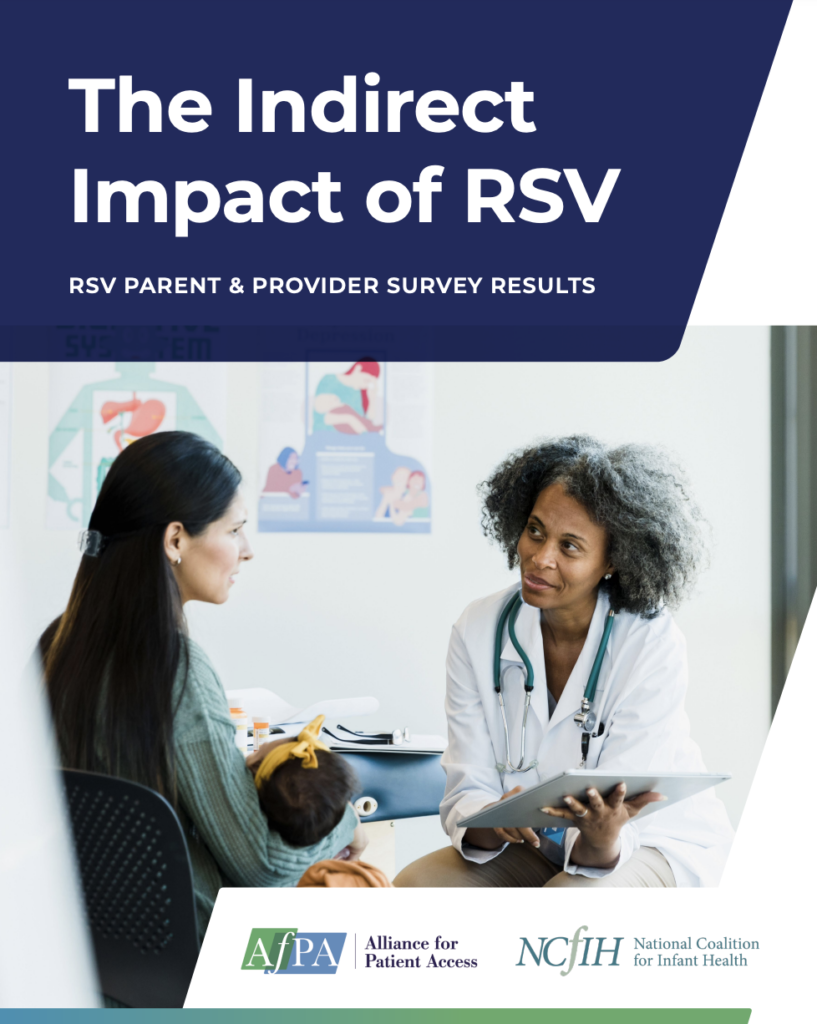
RSV, or respiratory syncytial virus, is a common, highly contagious seasonal virus that affects 97% of children by the age of 2.
Health Disparities & Medication Access
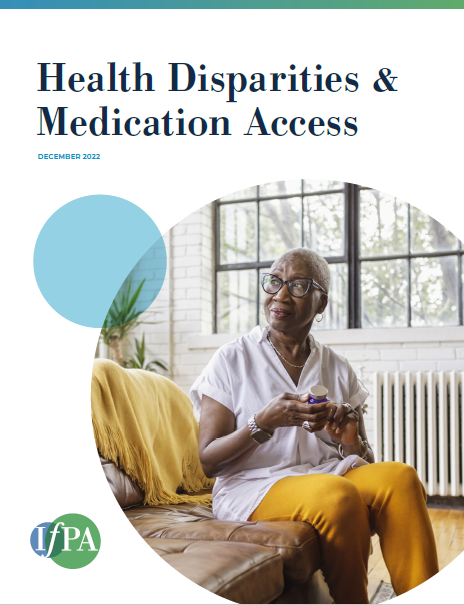
At some point in their lives, most patients encounter insurance delays or denials for a prescription medication. But do certain groups of patients encounter these barriers more often than others? And at what cost?
Treatment Options & Access for EBV+ PTLD
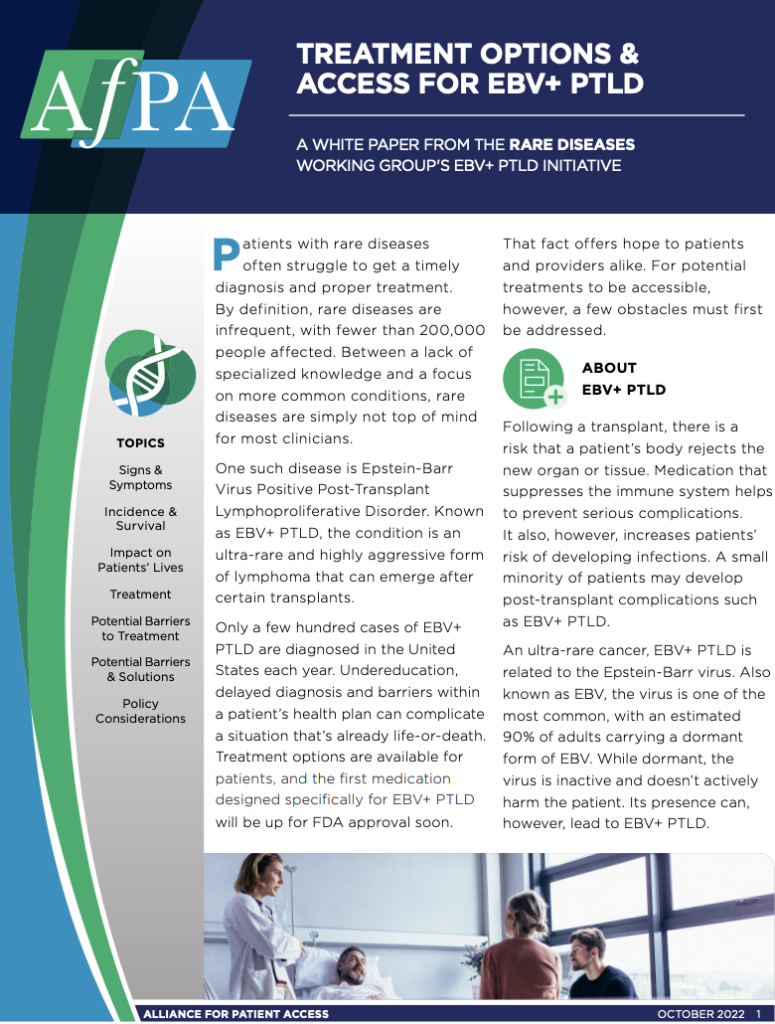
Patients with rare diseases often struggle to get a timely diagnosis and proper treatment.
Addressing Unmet Needs in the PH1 Patient Population
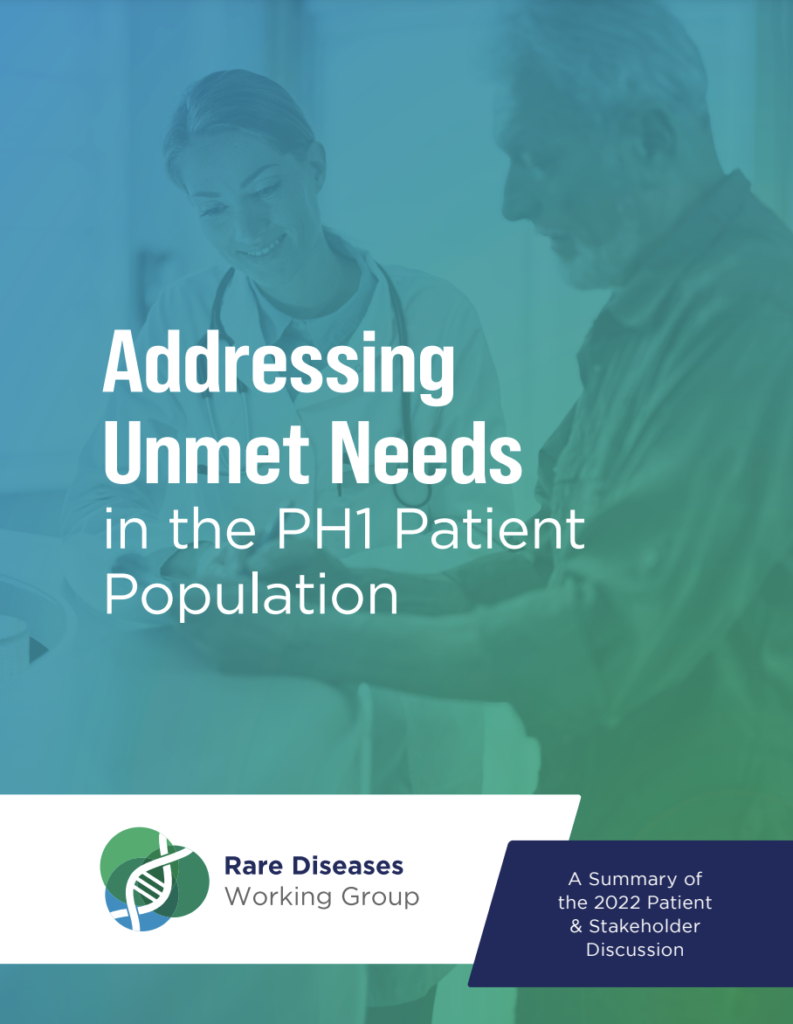
On 13 July 2022, the Alliance for Patient Access’ Rare Diseases Working Group hosted a virtual discussion on primary hyperoxaluria type 1.
Advocacy Win for Asthma Patients: Protecting Access to Clinician-Administered Biologics
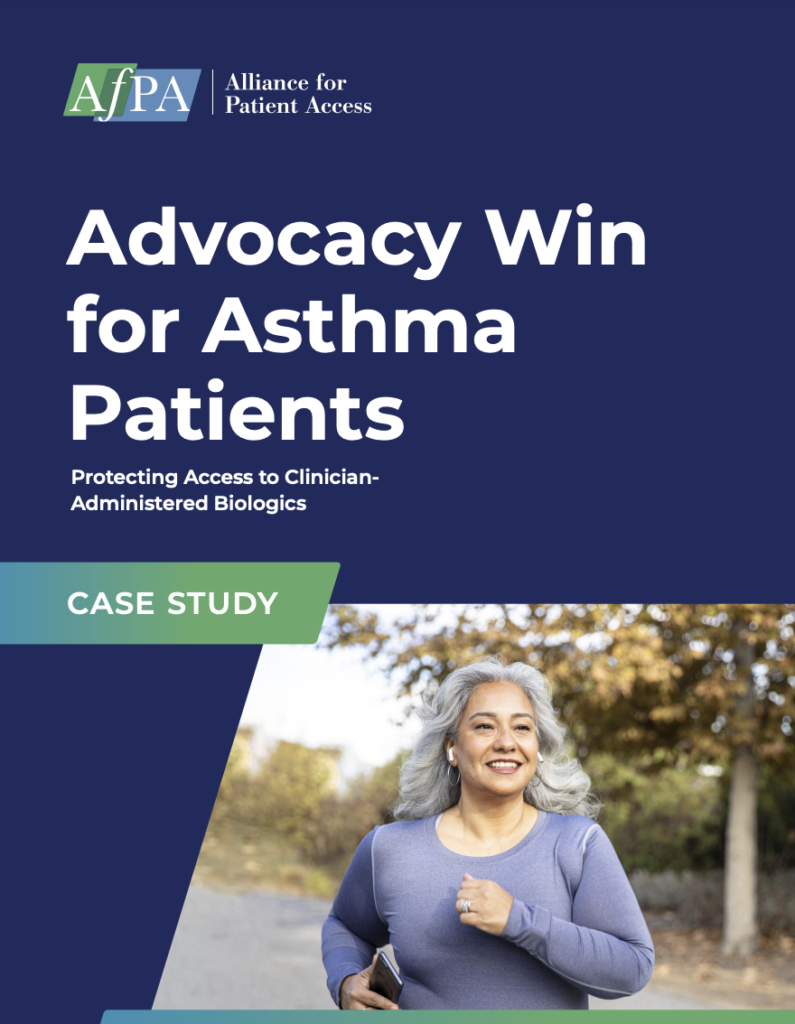
Tezepelumab is a novel severe asthma treatment that was approved for clinician administration in late 2021. After a few months on the market, however, several Medicare Administrative Contractors made the unprecedented decision to place tezepelumab, a biologic approved for physician administration, on the Self-Administered Drug list.

